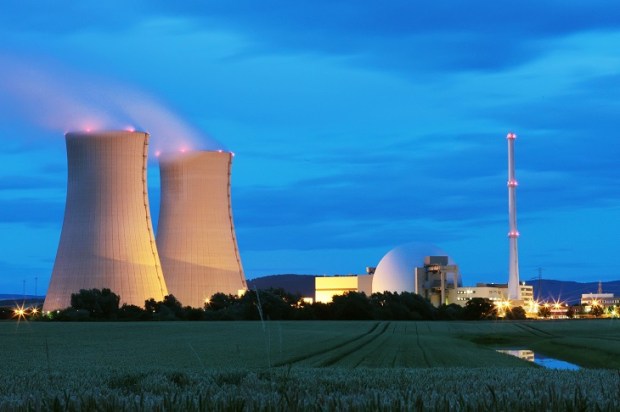I am weary of forever reading and listening to doom merchants. They are everywhere, on the TV, radio, and all through the written press – not to mention the internet.
We hear of global warming, floods, extreme weather, wars, pandemics, bad acting politicians, corrupt businessmen and bureaucrats, disadvantaged Aborigines, and high energy prices.
Already a subscriber? Log in
Subscribe for just $2 a week
Try a month of The Spectator Australia absolutely free and without commitment. Not only that but – if you choose to continue – you’ll pay just $2 a week for your first year.
- Unlimited access to spectator.com.au and app
- The weekly edition on the Spectator Australia app
- Spectator podcasts and newsletters
- Full access to spectator.co.uk
Or


























Comments
Don't miss out
Join the conversation with other Spectator Australia readers. Subscribe to leave a comment.
SUBSCRIBEAlready a subscriber? Log in